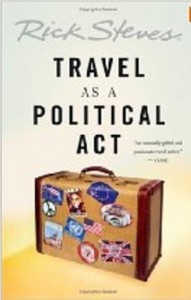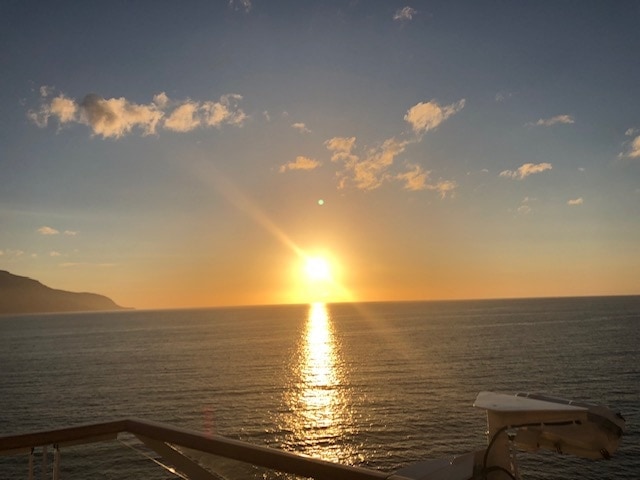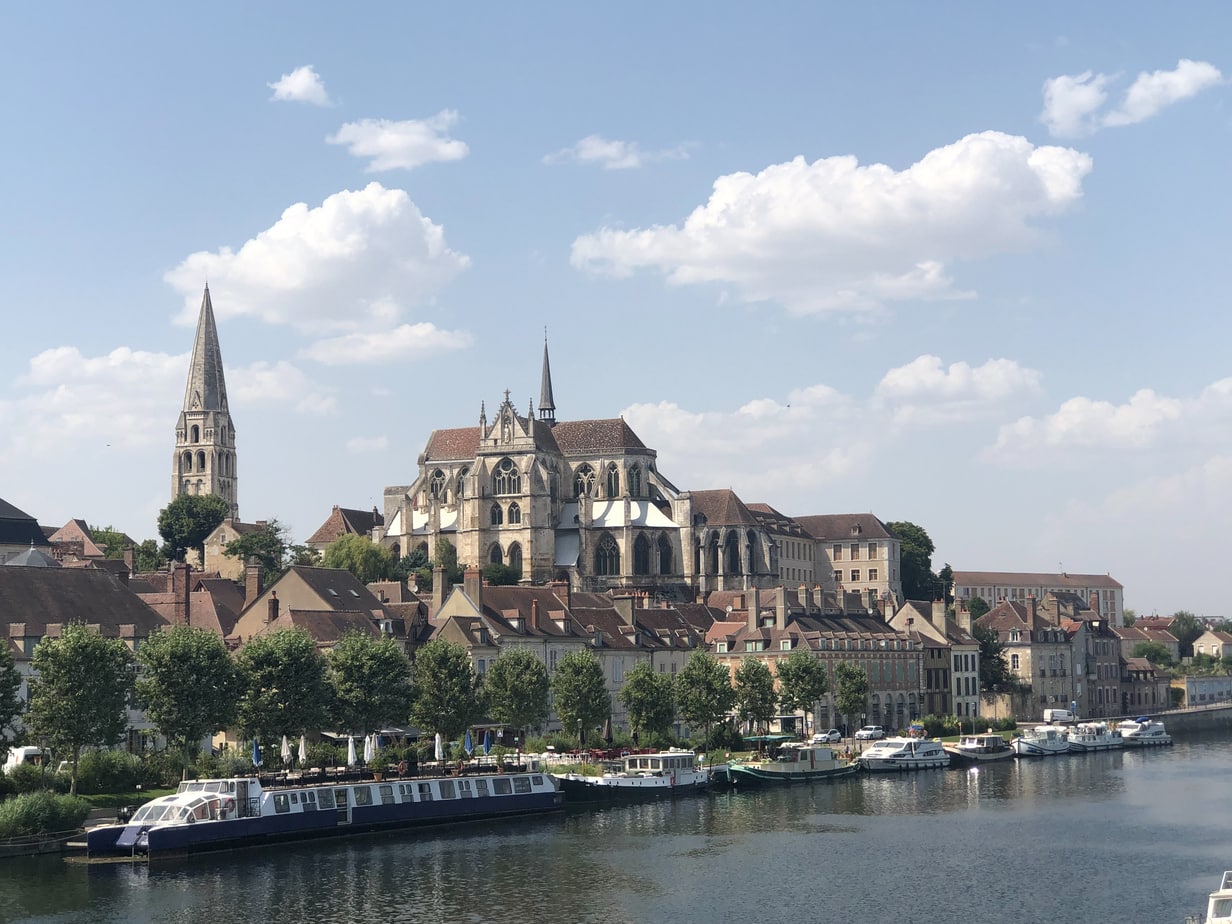The more you travel, the more you appreciate how much we have in common with the rest of the world. While superficially our differences might seem great, when you look beneath the surface, what most people want is to enjoy the love of family and friends, and to feel that their presence in this life has made a difference. In between those two ends, it’s about getting through day to day in a way that gives life meaning.
 Learning about people and cultures, especially those that are not like our own, helps us find a new world view – one in which we find an interconnectedness with others rather than a separateness. When that happens, travel is more about experiences and memories, than about great hotels and restaurants. Not that those latter things aren’t important, but when we travel with a larger world view in mind, things sort into our senses a little differently.
Learning about people and cultures, especially those that are not like our own, helps us find a new world view – one in which we find an interconnectedness with others rather than a separateness. When that happens, travel is more about experiences and memories, than about great hotels and restaurants. Not that those latter things aren’t important, but when we travel with a larger world view in mind, things sort into our senses a little differently.
Travel as a Political Act, by Seattle-area travel writer and producer Rick Steves, is totally different from anything else that you may have read by him. This isn’t a guide book, and you won’t find hotel or restaurant information. What this book contains is a series of field reports from around the world, and how his experiences with the people in various parts of the world have shaped his political views and world perspective.
Steves made his start with Europe Through the Back Door, both as a guidebook and travel classes, encouraging his readers to travel close to the ground and spend less money by doing what locals do. While that is still good advice, those first readers are now Baby Boomers with a bit more time and money, and are now demanding travel with a slightly different focus. Those Boomer travelers will enjoy this book, as it forces the reader to look at world events through different eyes, and not just through our US-centric lens.
If you’ve traveled off the beaten path, to war-torn countries or many considered third world countries, you’ve seen, heard, and experienced what many people will only read about. Getting to know local residents will put it in a different perspective for you, and you may find yourself looking at issues through a human, rather than a political lens. Being there is much different than hearing a news story on the television. I experienced this perspective while visiting Croatia and Bosnia-Herzegovina, a geographic area that Steves covers in this book.
I was unclear, however, about how Steves believe we empower ourselves in making travel a political act. Is it a mindset about expanding our personal viewpoint? Is it talking with people and sharing our experiences? Is it about visiting places that are less touristy? Is it about disdaining creature comforts and traveling to third world countries? Is it about voting our expanded consciousness, and supporting leaders and political causes that are in line with our new world view?
I can’t answer those questions. The title of this book really seems to implore a call to action, but I was sadly left without one.
I enjoyed the book, the stories, the people, and a chance to look at things differently. Maybe that needs to be enough for now.
You can find Travel as a Political Act at your local book store or through Amazon (affiliate link). It is also available for the Kindle.
Photo credit: Amazon




![51 Things to Do While Self-Isolating from the Corona Virus [with resources] Airplane interior](https://www.travelingwithmj.com/wp-content/uploads/2020/03/airplane-interior.jpg)
